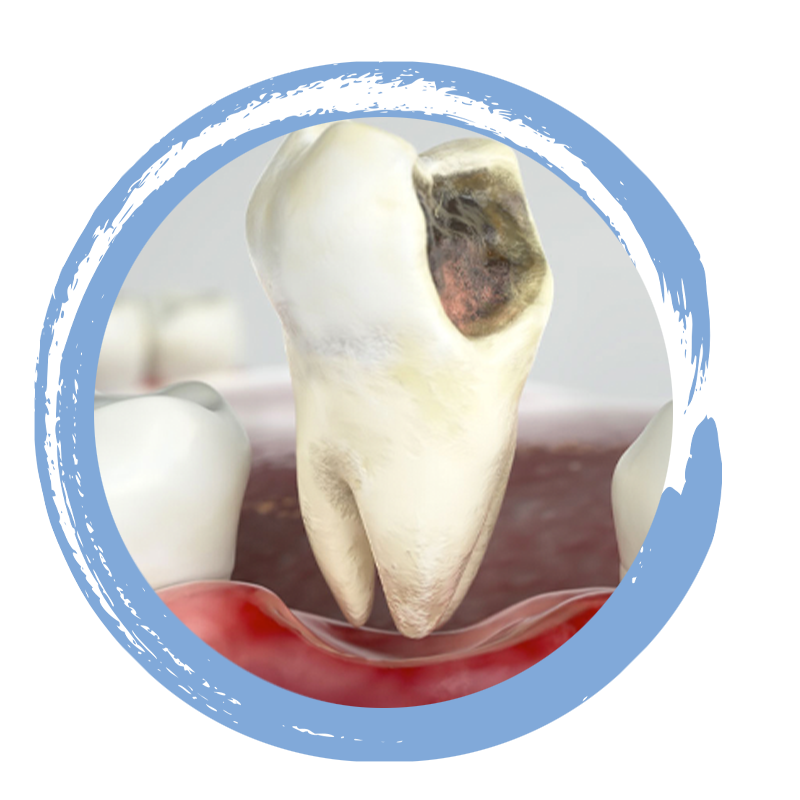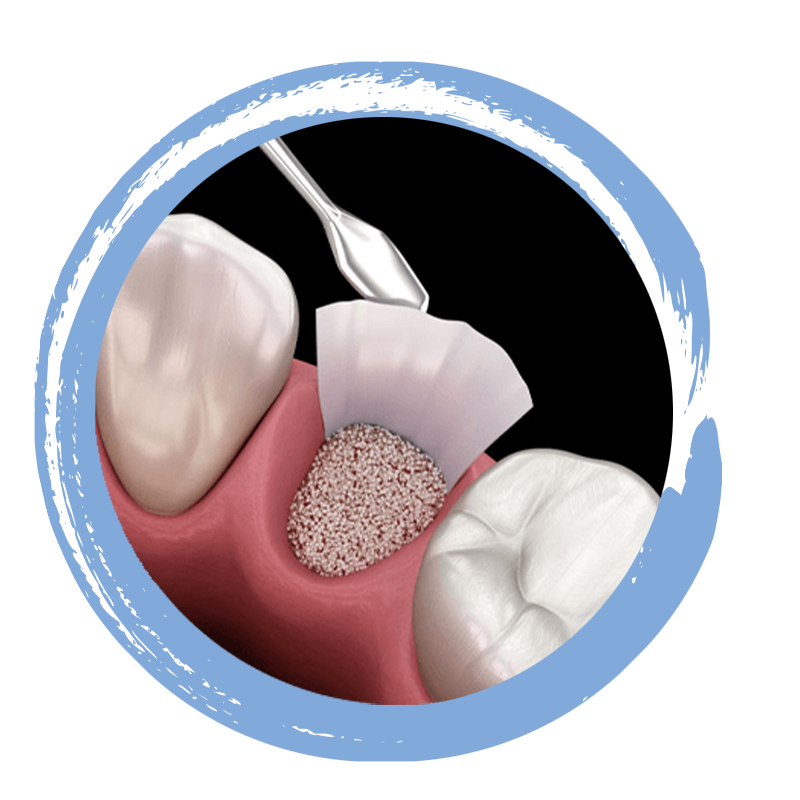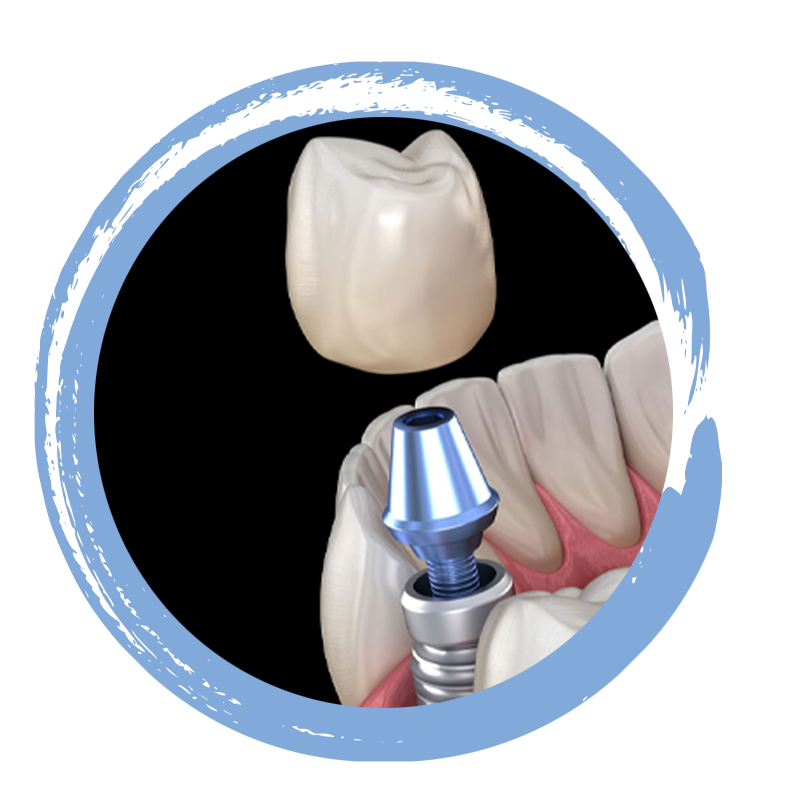

Our In-Office Surgical Procedures
Has a decayed or missing tooth been causing you to feel self-conscious, struggle to eat, or making it difficult to sleep? Our restorative oral surgery in Morganville, NJ can remedy your pain and embarrassment! We offer a select number of surgical treatments in the comfort of our state-of-the-art office to relieve your discomfort and improve your oral health and function. Our dentists at Champagne Smiles are experienced in oral surgeries and utilize advanced technology to ensure your procedure is minimally invasive, efficient, and predictable. Your treatment will be comfortable and safe, helping to get you back to a healthy and pain-free life!
No Fear Surgery
We understand that the idea of receiving oral surgery in Morganville, NJ may cause some of our patients to feel nervous and worried. This is normal! But know that our dentists are trained in the latest techniques and keep your surgery as minimally invasive as possible. We take extra measures at Champagne Smiles to make you comfortable at your appointment, too, so you can feel relaxed and calm during your procedure.
Common Oral Surgery Procedures

Tooth Extractions
Tooth extractions are one of the most common types of oral surgery procedures. Generally, a simple procedure, tooth extraction can be completed right in the dentist’s office. During this procedure, your dentist gently pulls your tooth, being careful not to disturb healthy bone or gum tissue. Another form of tooth extraction, wisdom tooth removal, is often more complex and can take up to a few hours to complete.

Bone Grafting
Bone grafting is a specialized oral surgery treatment that involves replacing bone levels in the jaw. Usually due to missing teeth, bone loss is ongoing and needs to be treated to support a denture or dental implants. A bone grafting procedure involves taking bone from the patient or a donor source and placing it at the site of bone resorption. Once the sutures are in place, the area is allowed to heal for a few months to let the bone grafting material and jawbone integrate.


